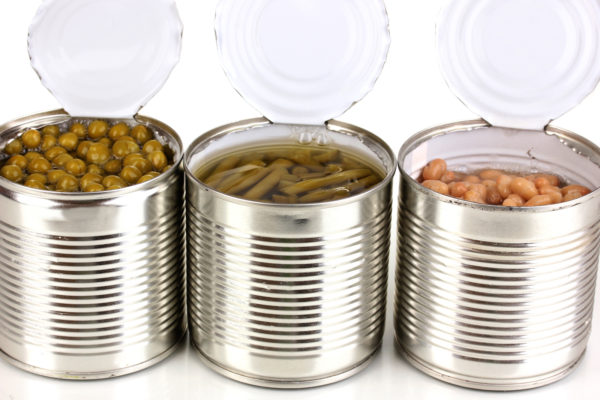When will we leave the Stone Age or Why is the hot water turned off?
Every year, a wonderful time comes across the country when only cold water comes out of the tap, and the kettle practically does not turn off in the mornings and evenings. The treasured boiling water can disappear for a week or several months, depending on how lucky someone is. The main reason is preventative work on the heating network, which is what sets us back in time. How long will this last?
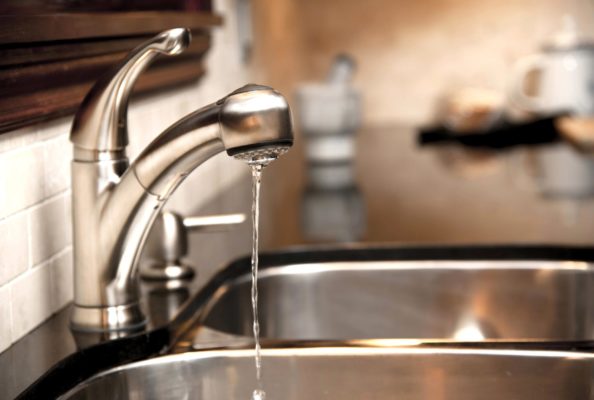
The content of the article
Why do they turn it off?
Alas, prevention and testing are concepts of necessary evil. Photos of the pipes through which homes receive the coveted boiling water are regularly posted on the Internet. They are scary to look at! Remember the teapots. We constantly clean them, but soft water is poured into them from a cold tap, and everything that pours out of a hot tap is technical water with a high salt content. They form a thick layer of deposits inside the pipes.
The heating network is not a perpetual motion machine and requires replacement. Streams of water flow through it under enormous pressure, passing through many bends and joints. The most intense load occurs in winter, and then the risk of accidents increases. Therefore, public utilities conduct tests in the summer for prevention.
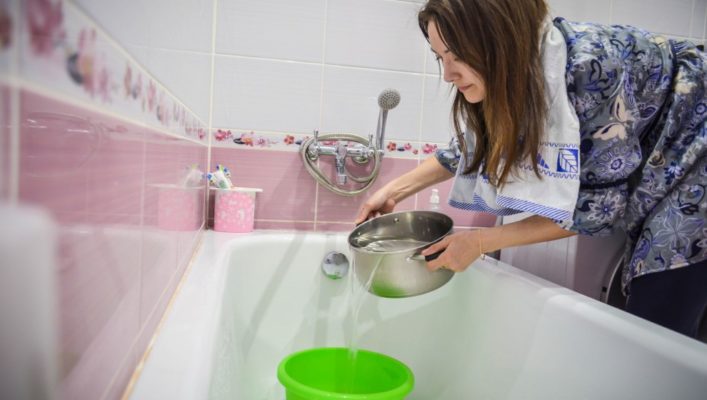
According to sanitary standards, work cannot last longer than 14 days.For those whose tests lasted throughout the summer, lawyers advise writing complaints to the prosecutor's office, housing inspection and other regulatory authorities, although the time frame may increase due to the increased complexity of the repairs being carried out.
Wear is increasing every year, but there is good news: we are promised that pipe preparation will soon be carried out with a redistribution of the load between sections, making it possible to at least reduce the time by half. Is it really that complicated?
What happens during prophylaxis
The water is heated in the boiler room, then the boiling water goes through pipes to each house. The boiler also requires checking, otherwise there is a risk of it breaking down in the cold, so it is stopped and carried out a preventive inspection and descaling. Heating mains undergo severe pressure testing. Water is supplied under high pressure, and specialists observe whether the entire flow has passed the established path; if not, the area must be repaired.
At the beginning of 2019, the Ministry of Construction announced that a third of all heating networks in the country were worn out.
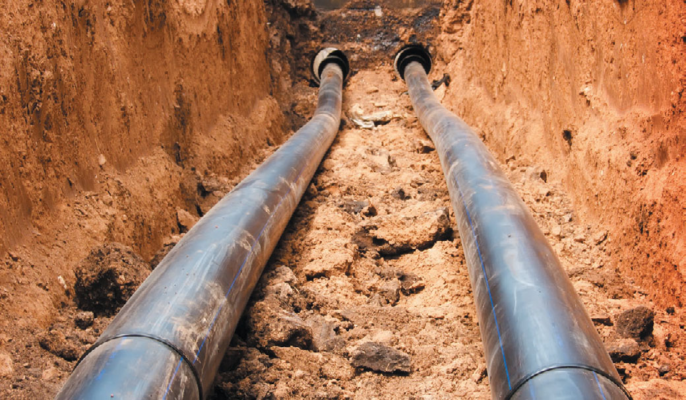
Pipes in disconnected areas are never left empty, so cold water begins to flow from the hot tap, otherwise deformation will occur. Therefore, if there are metering devices in the apartment, then the best solution is to turn off the hot water riser, otherwise we will end up with a bill as if we didn’t have any tests, and we calmly enjoyed the benefits of civilization in the form of a warm bath.
Is there really no other way, and we will have to suffer with basins every summer?
Why is hot water turned off in Russia, but not in Europe?
Our citizens who have visited European countries return with slight bewilderment in their eyes: there is no tradition there every summer of washing in an ice-cold shower, boiling basins on hotplates and going to friends’ houses to wash. What's the secret?
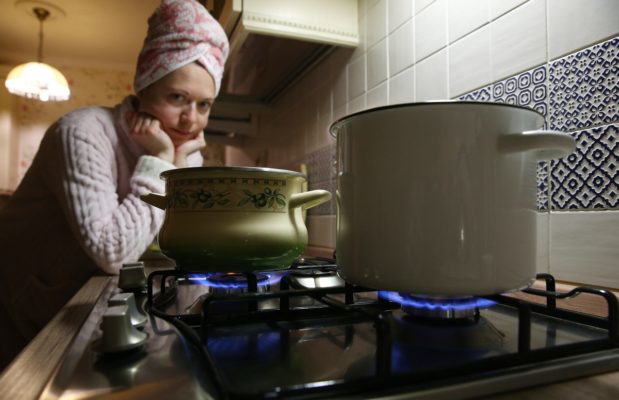
In the USA, neighborhoods are heated with electric convectors, and apartment buildings in Western Europe have boilers. In warm European countries in the south, houses are not equipped with a heating system at all! For example, Italians turn on their air conditioners for heating in winter, but for them it’s cold when it’s +15 degrees outside! It turns out that Europeans only get cold water into their homes, and it has little effect on the condition of the pipes.
Our heating networks have been preserved since the times of the USSR, and their length has become a high-risk zone. In addition, Russia has harsh winters, which will not allow you to use only one heater. The experience of warm countries will definitely not help, but is there another way out?
When will we leave the Stone Age?
It is unlikely that in the near future the entire country will be transferred to a fundamentally new heating and water supply system. The deadlines are gradually being shortened, for example, in Moscow after 2010 you only need to wait 10 days. For new buildings, they promise relief for several years due to new communications.
I found a mention that by 2020 the housing and communal services want to reduce the period for turning off hot water to 7 days - it sounds fantastic so far. Perhaps this only applies to the capital...
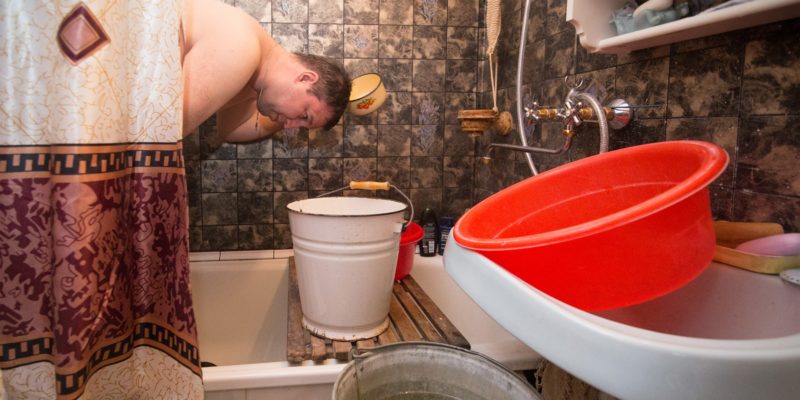
There is talk that in the future prevention will be carried out every 2 years. Utility workers are hoping for innovations that will allow them to work more efficiently. It is not yet known when the miracle will happen.
On the other hand, we spend the time of preventive work usefully: we go to visit, take a steam bath, harden ourselves, come up with new jokes, treating what is happening with a slight dose of irony!





